The Mediterranean Union: Why and How?
Launched by Nicolas Sarkozy in the spring of 2007, the Mediterranean Union project, renamed the “Barcelona Process: the Mediterranean Union” in March 2008, heralds a new era in the complex but essential relations between the European Union and the countries of the Mediterranean region’s eastern and southern periphery. An innovative and ambitious plan, it is nonetheless hampered by numerous uncertainties.The findings presented in this report provide initial answers to the “why” and “how” of the Mediterranean Union. Frédéric Allemand argues the aim of this project should be to reintroduce a form of political activism into the Barcelona Process, which, through the years, has become a bureaucratic machine stoutly criticized by Mediterranean third countries.
The co-presidency seems to be the most innovative element of the Mediterranean Union, symbolizing the co-appropriation needed to ensure its effectiveness and its success. Bichara Khader, for whom this Union reopens the debate on the Mediterranean’s central role in French and European geopolitics, describes how the French project has evolved over time, reaching the conclusion that priority should be given to starting with privileged regional partnerships rather than relying upon a utopic integration process.
Finally, the proceedings of the symposium on “Euro-Mediterranean Relations: Thinking Beyond Barcelona” convey certain warnings, such as the need to learn from the ENP (European Neighbourhood Policy), to avoid asymmetrical relations and to consider the expectations, as well as fears, of the populations of Southern countries. In short, the errors committed in previous European initiatives must be avoided.


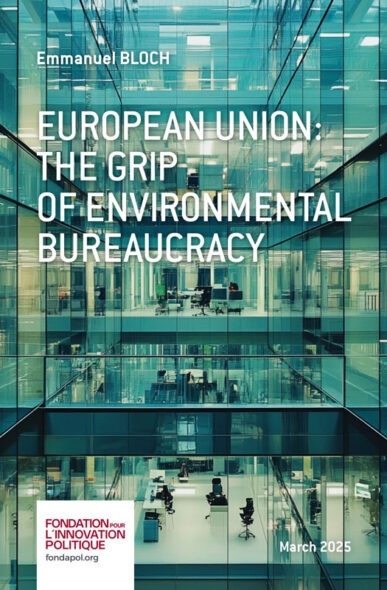
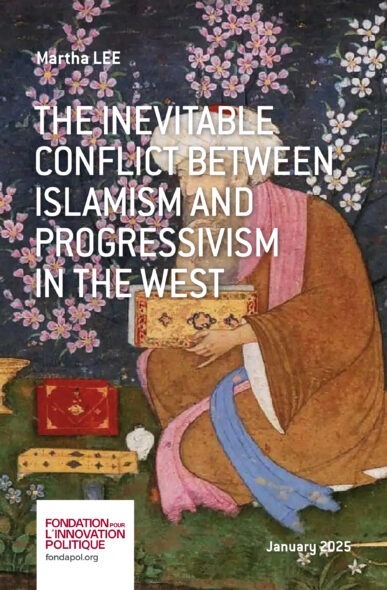

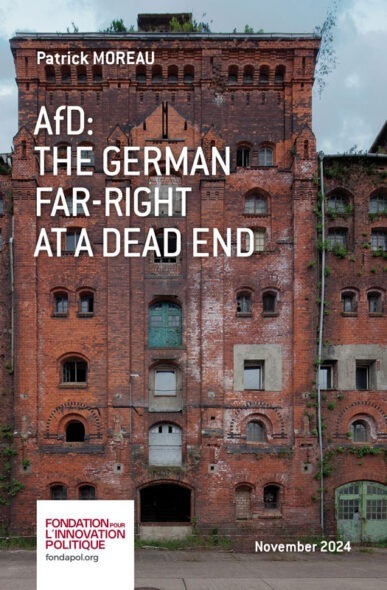
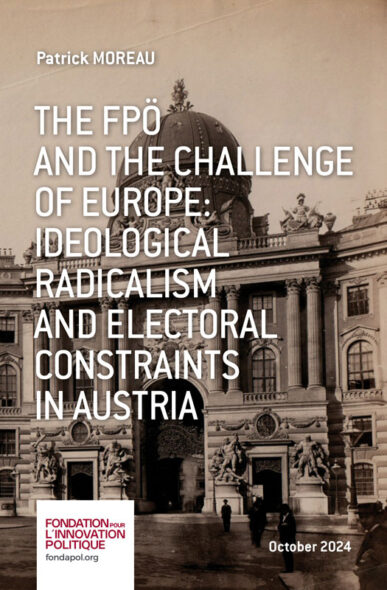

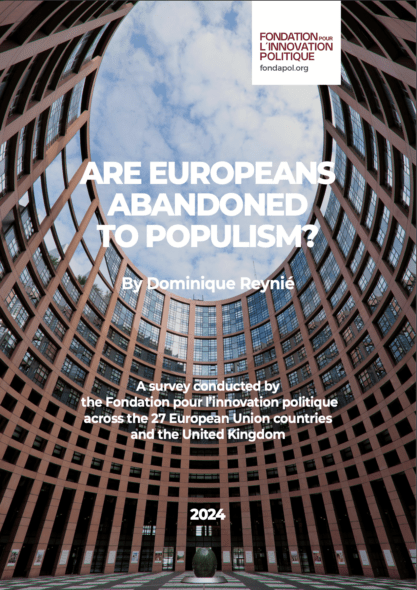
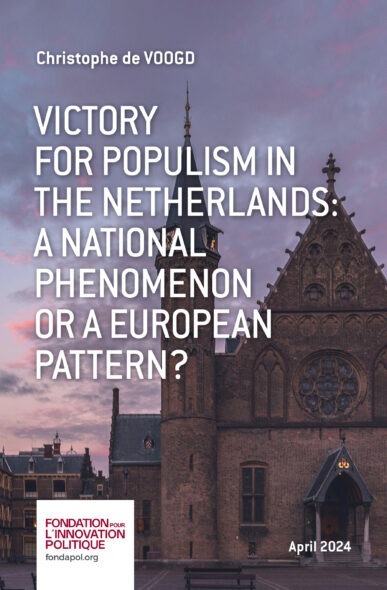

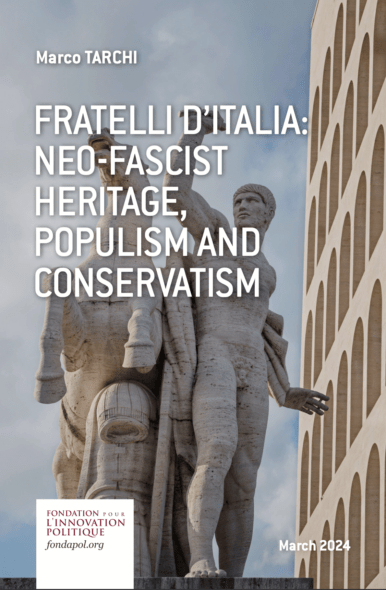
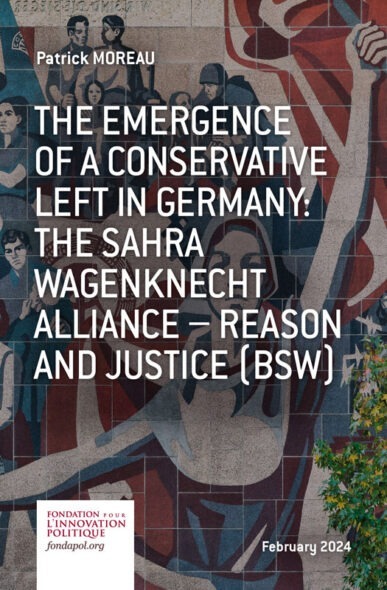
No comments.